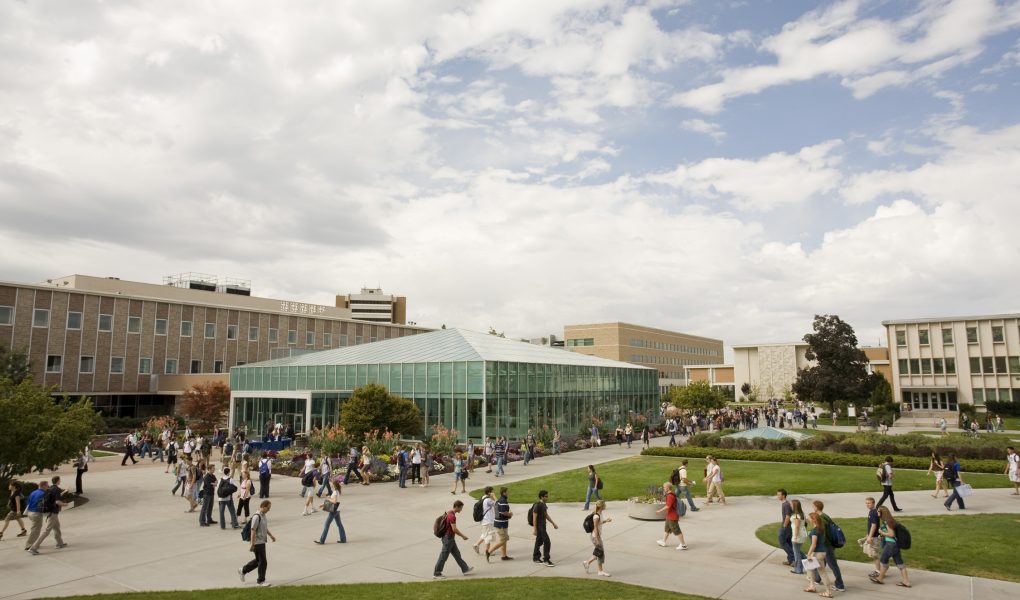The following post was written by Blair Bateman, a Faculty Fellow for the Center.
At the University of Minnesota, where I earned my PhD, the approximate equivalent for BYU’s College of Humanities is known as the College of Liberal Arts, as it is at many other universities. In fact, the word “liberal” is commonly used at most universities in reference to a broad, encompassing education. The Association of American Colleges and Universities defines a liberal education as “a philosophy of education that empowers individuals with broad knowledge and transferable skills, and a strong sense of values, ethics, and civic engagement.”
At BYU, the word “liberal” is conspicuously absent from university documents (perhaps because it is unpalatable to conservatives). This is unfortunate, given that the words “liberal” or “liberally” appear throughout all of the LDS standard works, always with the positive denotation of generous, charitable, or inclusive. Indeed, it was the Bible verse stating that God “giveth to all men liberally” (James 1:5) that inspired Joseph Smith to seek the revelation that led to the restoration of the full gospel of Jesus Christ. (In contrast, it is interesting to note that the word “conservative” does not appear in the scriptures at all.)
With no offense to my conservative friends, I would like to suggest that the word “liberal” perfectly encapsulates BYU’s goals of providing an education that is spiritually strengthening, intellectually enlarging, and character building, and that leads to lifelong learning and service. In that regard, the College of Humanities is uniquely positioned to help students become the “liberal soul[s]” described in the Bible.
A brief perusal of the university website reveals that the College of Humanities offers courses in dozens of foreign languages, English, linguistics, comparative letters, art history, classics, and philosophy. These disciplines empower students to understand how human beings think, how we communicate, and how we express ourselves—in short, to understand the human experience.
In my last blog post, I made reference to research showing that the study of literature increases one’s ability to feel empathy with the experiences of others. Likewise, the study of language, art, history, and philosophy expands our comprehension of the human experience and our ability to connect with others whose life experiences may differ from our own. Such empathy is surely a necessary component in becoming like the Savior, who, having “borne our griefs, and carried our sorrows,” is able to understand and have compassion for all of our Heavenly Father’s children. In short, the Savior is the model of the “liberal soul.”
May we be blessed with satisfaction and joy in our work as faculty and students in our lifelong pursuit of becoming “liberal souls.”







Tremendous insight on being liberal. Opens new horizons for understanding and emulating Our Heavenly Father and his son Jesus Christ